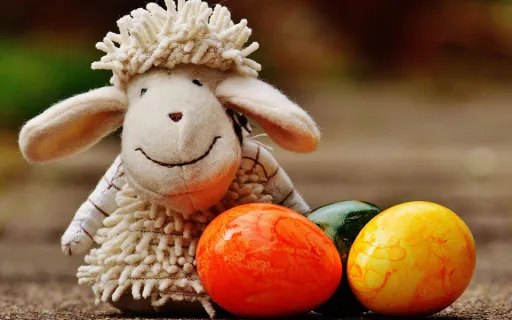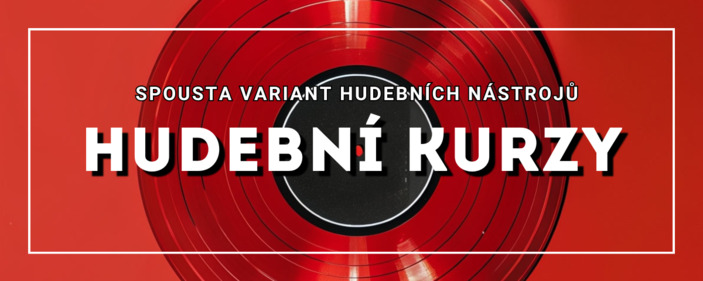For Christians, Easter is the most important holiday. It is the time when Christians celebrate the resurrection of Jesus Christ, who, according to Christian belief, died on the cross and was resurrected three days later. Easter is associated with the message of hope, renewal, and the triumph of life over death.
According to the Bible, Jesus was arrested, sentenced, and crucified on a Friday, known as Good Friday (Velký pátek). Three days later, on Sunday, Jesus rose from the dead. This day is called Easter Sunday (Velikonoční neděle) and is considered the most important day of the Christian calendar.
Easter is also connected with Lent, which begins on Ash Wednesday (Popeleční středa) and lasts until Good Friday. During this time, Christians reflect on their sins, pray, and strive to purify their hearts. Lent is also a time of restraint and self-denial, when many Christians choose to limit their consumption of food or alcohol.
For Christians, Easter has deep religious significance because it symbolizes Christ’s resurrection, which means victory over death and the birth of new life. This meaning is reflected in various Christian rituals, such as services, processions, and prayers.
For many Christians, Easter is also an opportunity to share joy and hope with their loved ones. It is a time when families and friends come together to celebrate and joyfully enjoy what their faith brings them.
Easter traditionally falls on the Sunday after the first full moon of spring.
Holy Week (Velikonoční svatý týden)
Holy Week (Svatý/Pašijový/Velký týden) begins with Palm Sunday (Květná neděle), which serves as preparation for the coming major holidays. The name comes from flowers decorating churches and symbolizing the palm branches used to welcome Jesus. Don’t forget to pick some pussy willows (“kočičky”) for your vase. Let's also remember the start of spring, bringing new life, beauty, energy, and love.
Blue/Yellow Monday (Modré/Žluté pondělí) used to be a symbol for schoolchildren, as it marked the beginning of their holiday break. Modern kids would definitely envy them :)
Gray Tuesday (Šedivé úterý) was a day of cleaning in preparation for Easter. Housewives swept away cobwebs and cleaned dark corners of the house. However, Monday and Tuesday are not as distinct in folklore as the upcoming days.
Ash/Wicked Wednesday (Popeleční/Škaredá středa) got its name from chimney soot cleaning, which traditionally took place on this day. Christians also burned the pussy willows from last year’s Palm Sunday, which were used in the Ash Wednesday service. The blessing with ashes was accompanied by the words: “Remember you are dust, and to dust you shall return.” Škaredá středa is also a reminder of Judas’s betrayal of Jesus for thirty silver coins. You should never frown on this day, as it’s believed it would make you frown every Wednesday of the year.
Green Thursday (Zelený čtvrtek) – the day when church bells "fly to Rome." Instead of bells, wooden clappers were used in villages. Green food is traditionally served on this day – usually pea soup and spinach with eggs. Traditional pastries called "jidáše," brushed with butter, were eaten to protect from snake bites and wasp stings – but only if consumed before sunrise! On this day, you shouldn’t argue or borrow money – in return, quarrels will stay away and money will come your way.
Good Friday (Velký pátek) commemorates the crucifixion of Jesus Christ. It is observed with strict fasting, and church decorations are sparse, as is music – usually sung without organ accompaniment. Miracles are said to happen on Good Friday – the earth opens to reveal its treasures. The symbol of Friday is water – you should wash yourself in a stream in the morning, sprinkle the barn, and wash animals. That’s why you shouldn’t work the land or hang laundry on this day.
White Saturday (Bílá sobota) ends the fasting period, and sacraments are not celebrated in churches. Easter preparations reach their peak. Houses were whitewashed, cleaned with a new broom, housewives baked sweet breads and lamb cakes, boys braided Easter whips (pomlázky), and girls dyed eggs. It was also customary to shake trees to wake them up to new life.
Easter Sunday (Boží hod velikonoční) – on the night from Saturday to Sunday, Jesus Christ rose from the dead. Churches are busy blessing Easter lambs, sweet bread (mazanec), and other traditional food. On Sunday, the whole family would eat an egg that had been boiled on Good Friday along with a willow and ash twig. If someone from the family ever got lost, they would remember the Easter egg and find their way back.
Easter/Red Monday (Velikonoční/Červené pondělí) is the most popular Easter day. At dawn, boys go out caroling and receive eggs from girls as a reward. Whipped girls are blessed with the life-giving power of the willow switches and are said to become more youthful.

If you enjoyed this article about Easter, we recommend the following related reads:
Easter in the Czech Republic – history and traditions;
Easter Monday in a small village;
The strangest Easter traditions in the world;
Easter symbols and gifts.

